Last March, we held a virtual Question-and-Answer session with the Social Communication Pathway (SCP) Team so that parents and carers can learn more about this new autism assessment pathway in Manchester. A few parents joined us at the session and we were joined by:
- Dr. Jo Bromley, Consultant Clinical Psychologist
- Caroline Davies, Specialist Speech and Language Therapist
- Breanne Kirkham, Clinical Specialist Paediatric Occupational Therapist
The SCP Team has now produced a Frequency Asked Questions (FAQ) document for the benefit of those who missed the event or who want to find out more about Manchester’s Social Communication Pathway, which you will see below. To see the answers, please tap/click on the question that you wish to read about.
The SCP is a multiagency team which assesses social communication difficulties in children and young people. If a young person or their family thinks they might be autistic, this team will make an assessment to see if they meet the criteria for a diagnosis of Autism.
 The first SCP was set up in South Manchester in 2018. The pathway was put together by a steering group that involved representatives from the Parent Carer Forum. The aim was to have a transparent assessment process which works in accordance with NICE guidelines and which parents & young people could directly refer themselves to.
The first SCP was set up in South Manchester in 2018. The pathway was put together by a steering group that involved representatives from the Parent Carer Forum. The aim was to have a transparent assessment process which works in accordance with NICE guidelines and which parents & young people could directly refer themselves to.
We know that there is a huge demand for autism assessments in Manchester (as there is across the UK) and it was felt that the SCP would help make those assessments fairer and be easier for parents & young people to access.
Before 2018, most assessments were being completed in Child and Adolescent Mental Health Services (CAMHS) but the SCP reorganised where and how assessments were made. The SCP is a community team which is made up of representatives from speech and language, occupational therapy, child and adolescent mental health, community paediatrics and educational psychology. Children receive a multidisciplinary assessment based on their need.
Data from the pilot in south Manchester shows that families and young people have liked the approach taken by the SCP and that, once an assessment is started, it is quicker to complete. This is why it has been decided to rollout the Social Communication Pathway across the city to cover central and north Manchester.
Families or young people are asked to complete a questionnaire to help the team decide if the SCP is the right pathway for them. The young person’s school or nursery is also asked to complete a questionnaire. Both of these have been uploaded along with this fact sheet. When both questionnaires are received the multi-agency team meet and discuss the information. If the team feel that an SCP assessment is what is needed then the referral is accepted onto the waiting list.
Sometimes, the team may feel that another service is better placed to meet a child’s needs. For example, it may be that a child seems to have Developmental Language Disorder and need to be seen by the community speech and language team first. The SCP will always let families know what is going to happen to their referral.
The SCP will be looking to form a steering group (hopefully with members of Manchester Parent Carer Forum) and this will be a key issue that will need addressing.
We are in complete agreement that waiting lists are not acceptable and that we need to find ways for children in Manchester to receive timely assessment.
The team follows NICE guidance and the process is outlined in a flowchart that we have attached with this fact sheet. Whilst the foundation of the assessments is the same, there is some variation between assessments based on each child’s needs.
Alternatively, you can contact Information, Advice and Support Manchester (IASM) if you wish to learn more about the assessment process for EHCPs.
The SCP has been completing assessments during lockdown but they have been taking longer than usual. We have used a mixture of virtual and face-to-face appointments.
The south team is based at the Carol Kendrick Centre. The new central and north teams location is still to be decided at the time of writing this document.
We will ensure that any children or young people waiting for assessment by central or north CAMHS will be transferred to the new SCP in their area and will be seen in order of the date their referral was received.
We are probably going to have 3 steering group meetings a year, lasting 2 hours each. This initially will be on a virtual platform.
If you wish to download this FAQ document, for printing or saving on your device, please click the button below:



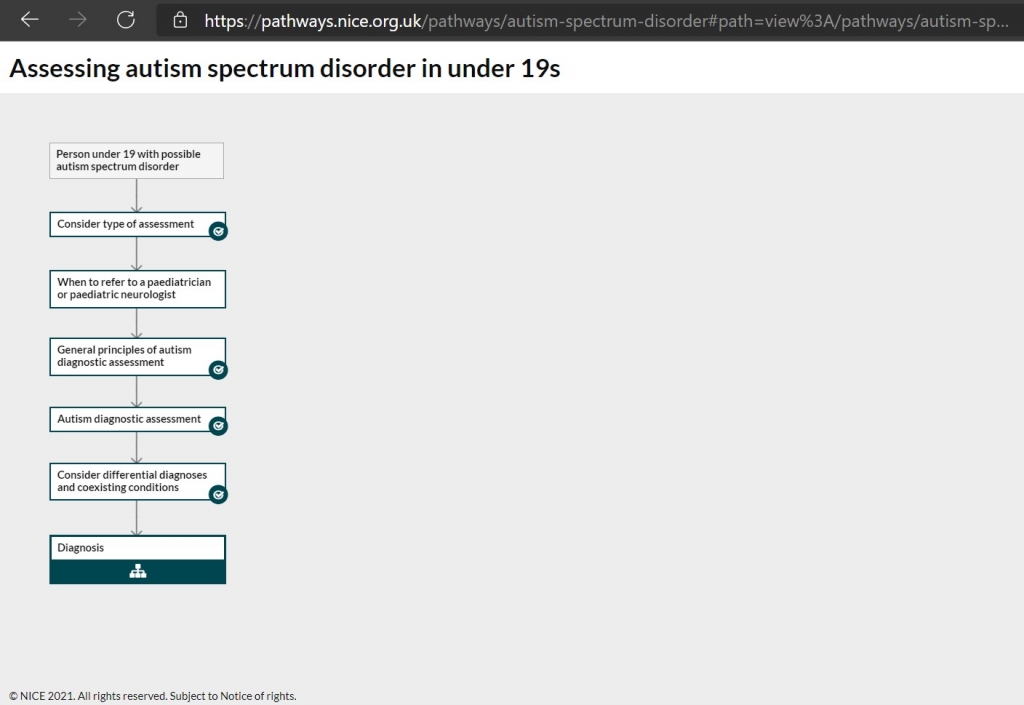
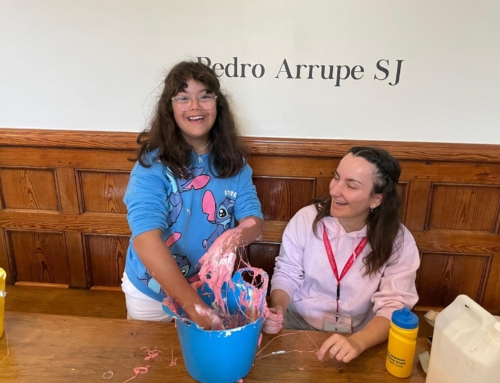

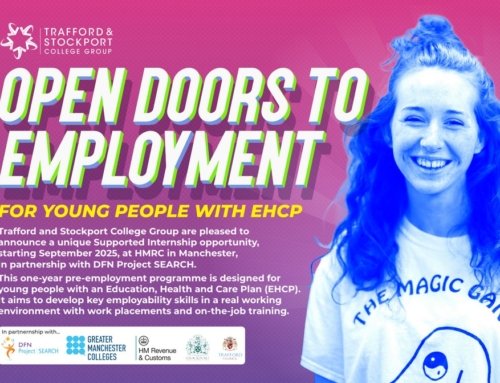
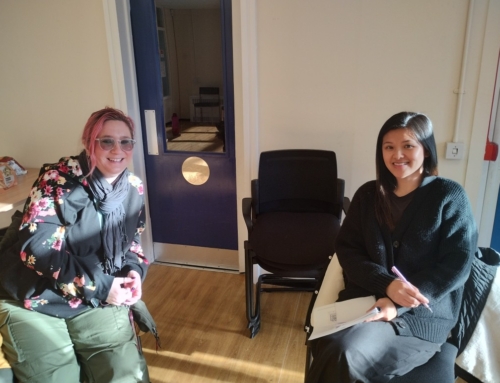
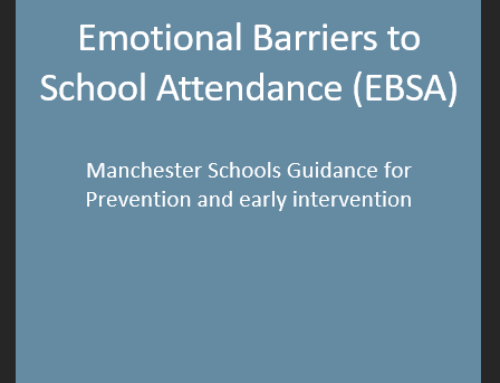
Leave A Comment